The second round of the French parliamentary elections scheduled for July 7 will continue to witness a "fierce" confrontation between the three largest political blocs, including the National Rally (RN) party and its allies, the New Popular Front (NFP) alliance and the outgoing majority of President Macron.
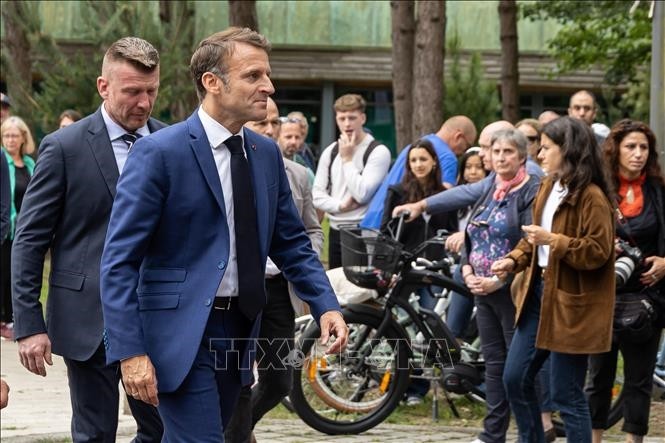 |
| French President Emmanuel Macron leaves a polling station for the National Assembly elections in Le Touquet on June 30, 2024. (Source: Xinhua) |
The second round of the election will take place in 500 constituencies, with more than 1,000 candidates competing for the remaining seats out of 577 in the National Assembly, after 76 candidates were elected in the first round.
About 30,000 police and gendarmes were deployed at polling stations, including 5,000 in the capital and the suburbs of Paris, showing the level of tension and potential instability in this event that has a decisive impact on political life in France.
Going into the second round, the RN has a lead in 258 of the 439 constituencies where representatives are participating. The challenge for this nationalist and populist movement is no longer to win, but to gain enough votes to become an absolute majority in the National Assembly to be able to form a new government on its own.
On the other hand, preventing the far right from gaining an absolute majority is also an important goal of the outgoing majority and the left-wing coalition. The two sides have jointly established the "Republican Front" against the RN with a strategy of withdrawing competing candidates to concentrate votes.
The first round of the election saw record competition, with 308 constituencies having 3 or 4 candidates competing in the next round. But less than 48 hours after the first round results, 221 candidates, mainly from the NFP (131) and the presidential camp (82), announced their withdrawal. These were all candidates who were considered unlikely to win in the second round.
A coordinated exit strategy by political rivals could deprive the RN of an absolute majority. However, the actual outcome will depend on the parties’ specific election messaging and, crucially, voters’ decisions to transfer their votes when their preferred candidates withdraw or are eliminated.
Ahead of the second round of elections, Marine le Pen, head of the RN group in the outgoing National Assembly, expressed confidence that the party could reach the threshold of around 270 seats in the new legislature.
However, according to the OpinionWay voter intention poll, the RN could win only 205 to 230 seats, far from the 289 needed for an absolute majority. The left-wing NFP coalition is expected to win between 145 and 175 seats, while the presidential camp will have between 130 and 162 seats and the Republicans (LR) between 38 and 50 seats.
The survey also found that over 40% of French voters believe that none of the three main political blocs will win an absolute majority, while only 35% believe that the far right will achieve this goal.
The poll results are also consistent with the assessment of political observers and press and media opinion, according to which the second round of the general election in France will be very exciting but without too many surprises.
However, the far-right party and its allies won the most seats, turning outgoing President Emmanuel Macron's majority into a minority and forcing him to face many difficulties in the remaining three years of his term.
Source: https://baoquocte.vn/bau-cu-quoc-hoi-phap-se-kho-co-bat-ngo-lon-277768.html





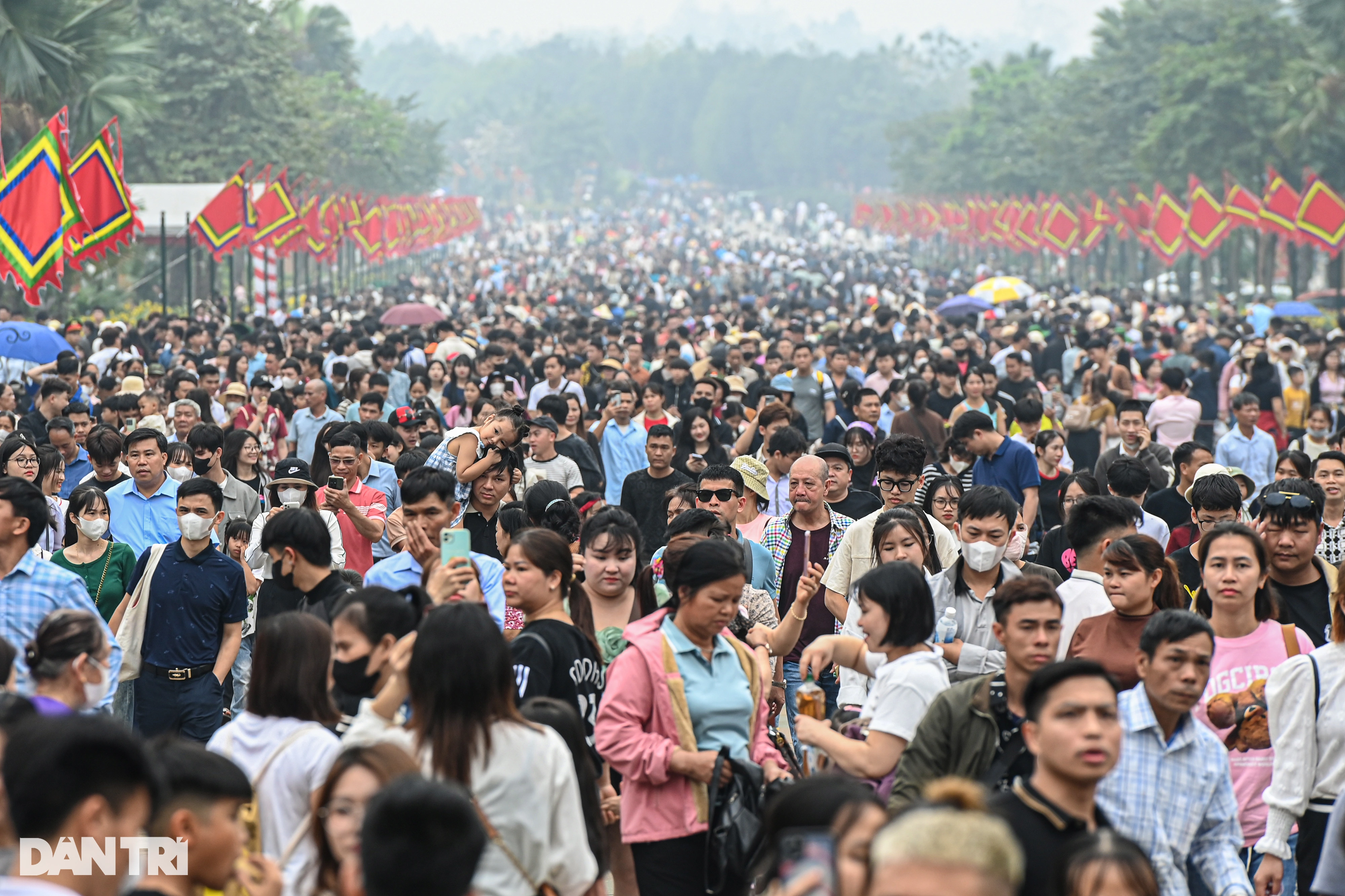
![[Photo] Prime Minister Pham Minh Chinh chairs the regular Government meeting in March](https://vstatic.vietnam.vn/vietnam/resource/IMAGE/2025/4/6/8393ea0517b54f6791237802fe46343b)
![[Photo] Military doctors in the epicenter of Myanmar](https://vstatic.vietnam.vn/vietnam/resource/IMAGE/2025/4/6/fccc76d89b12455c86e813ae7564a0af)
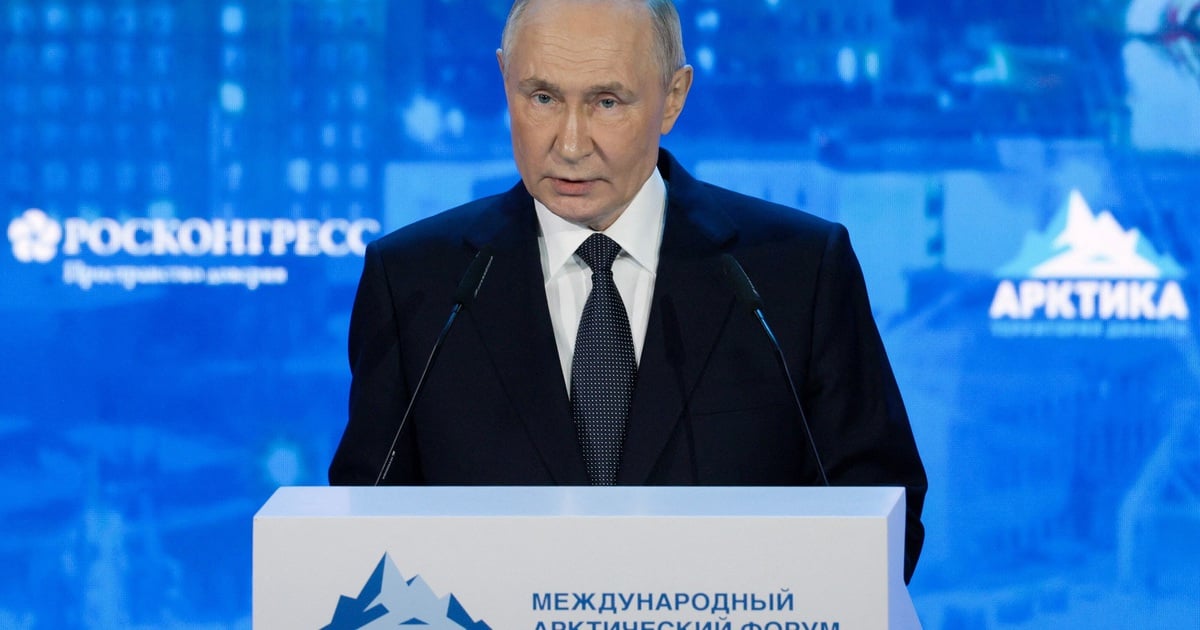

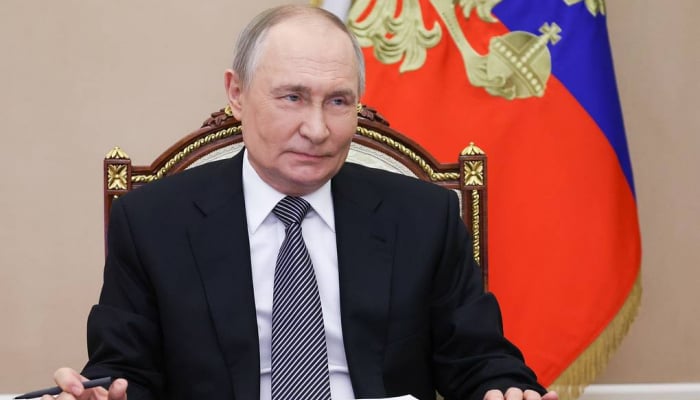



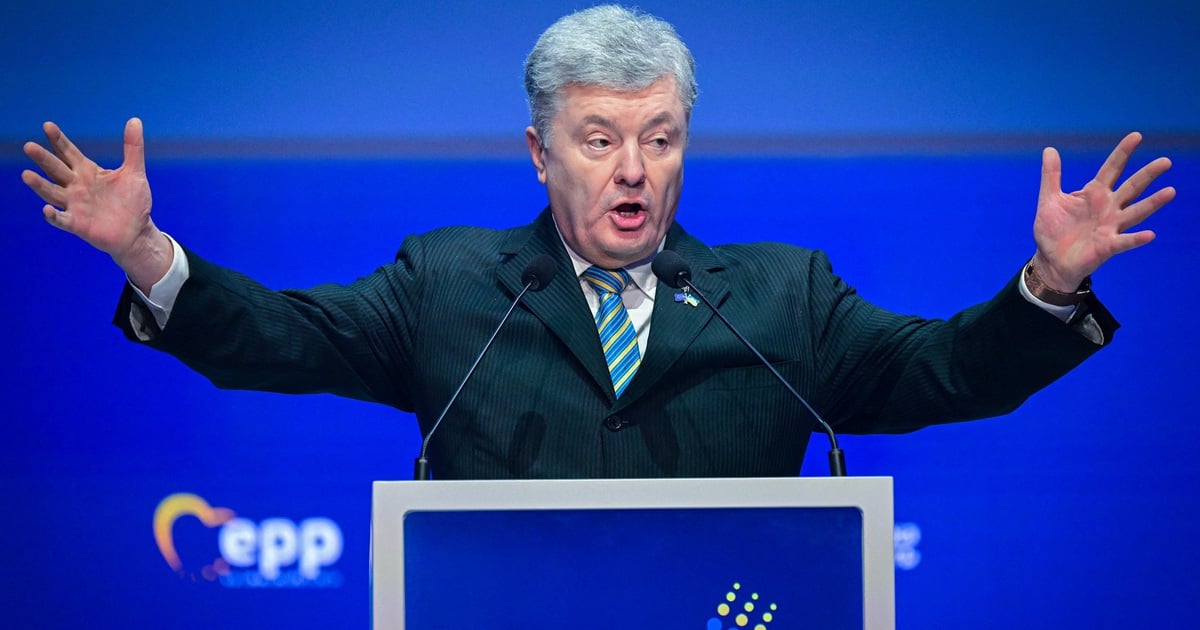
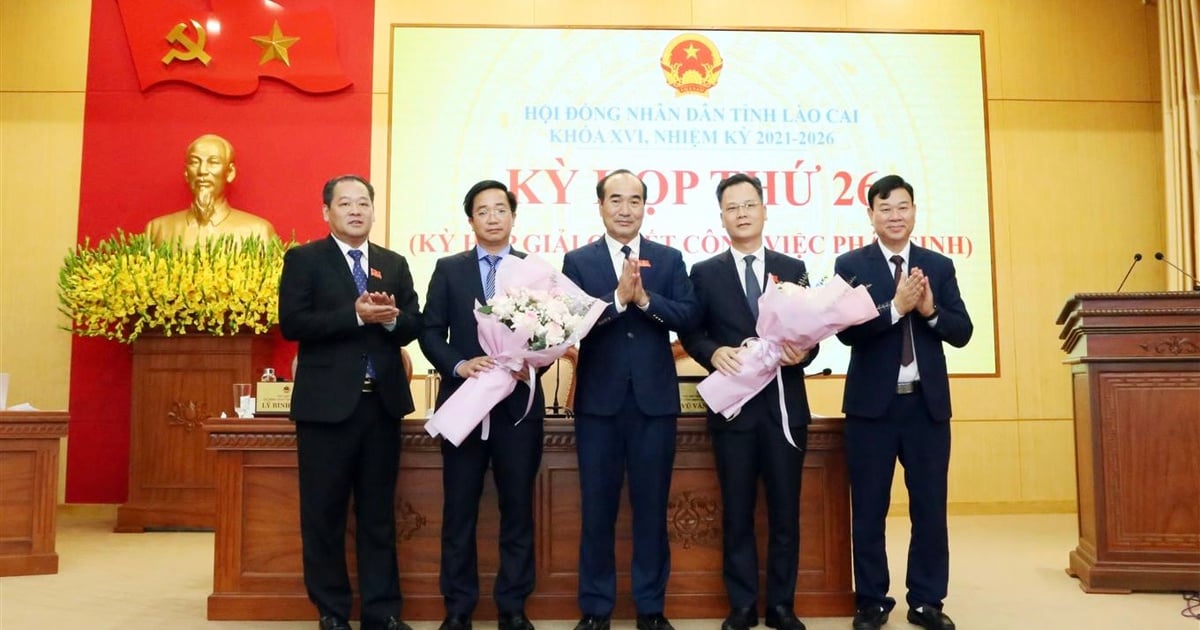


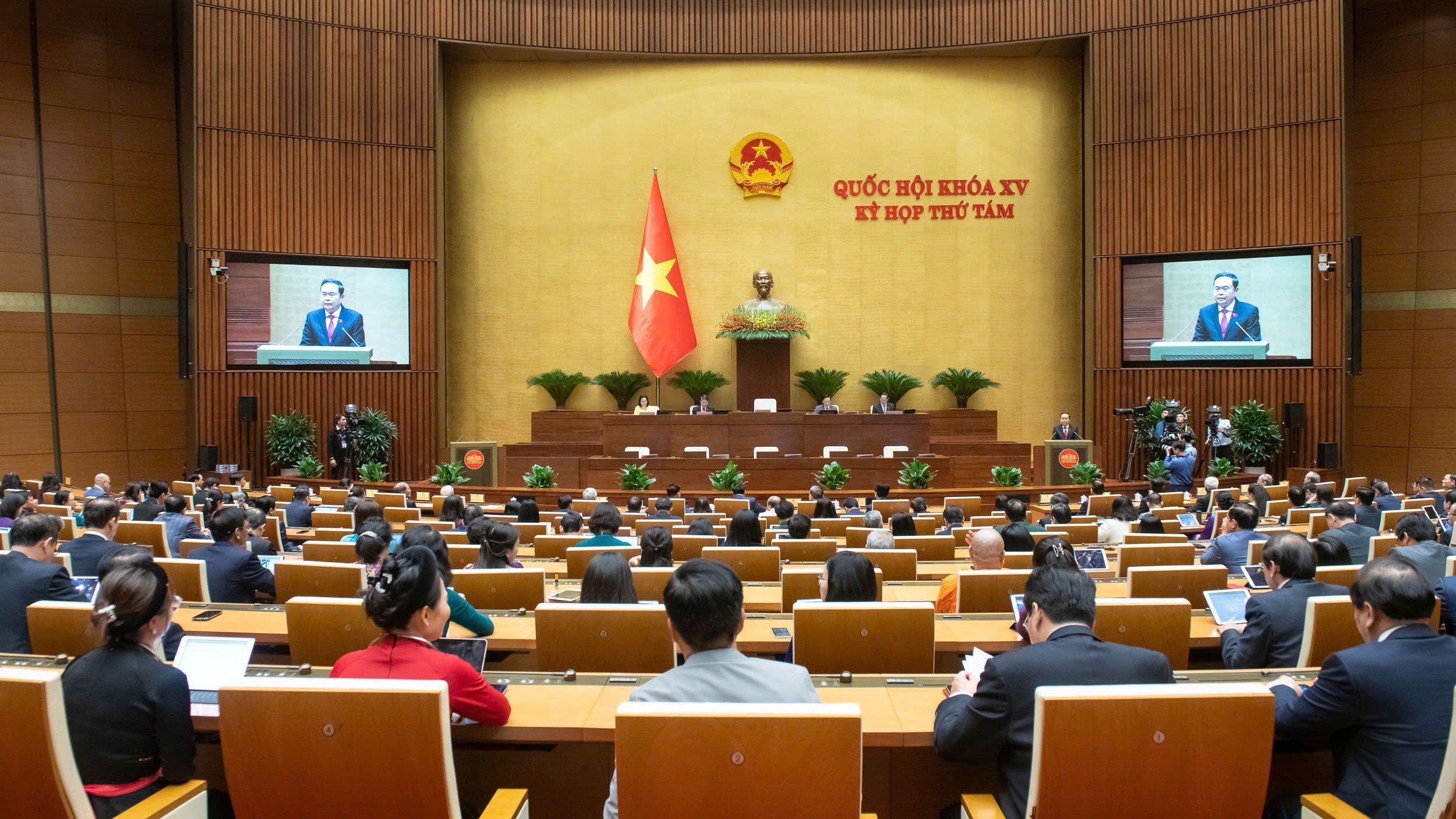





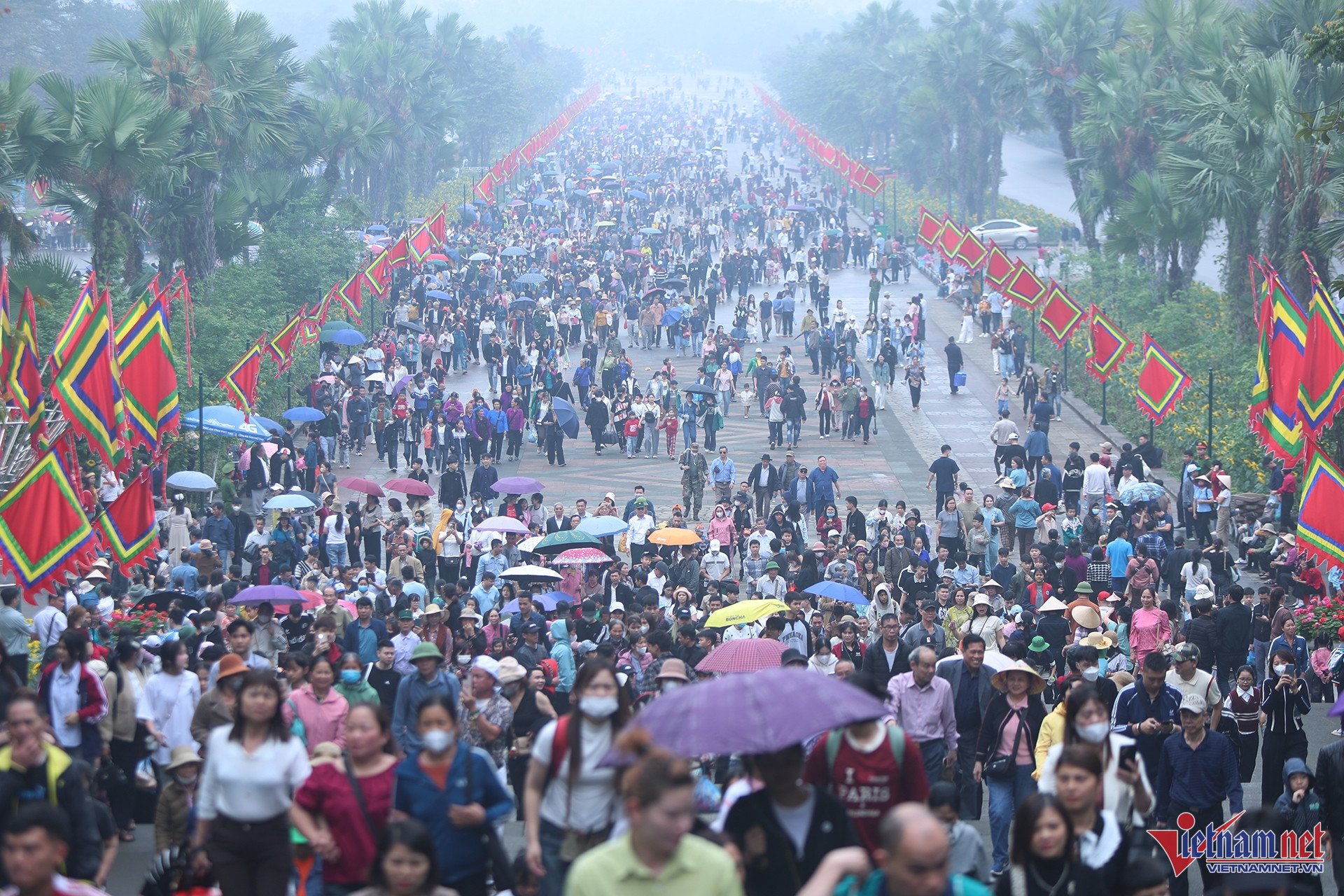

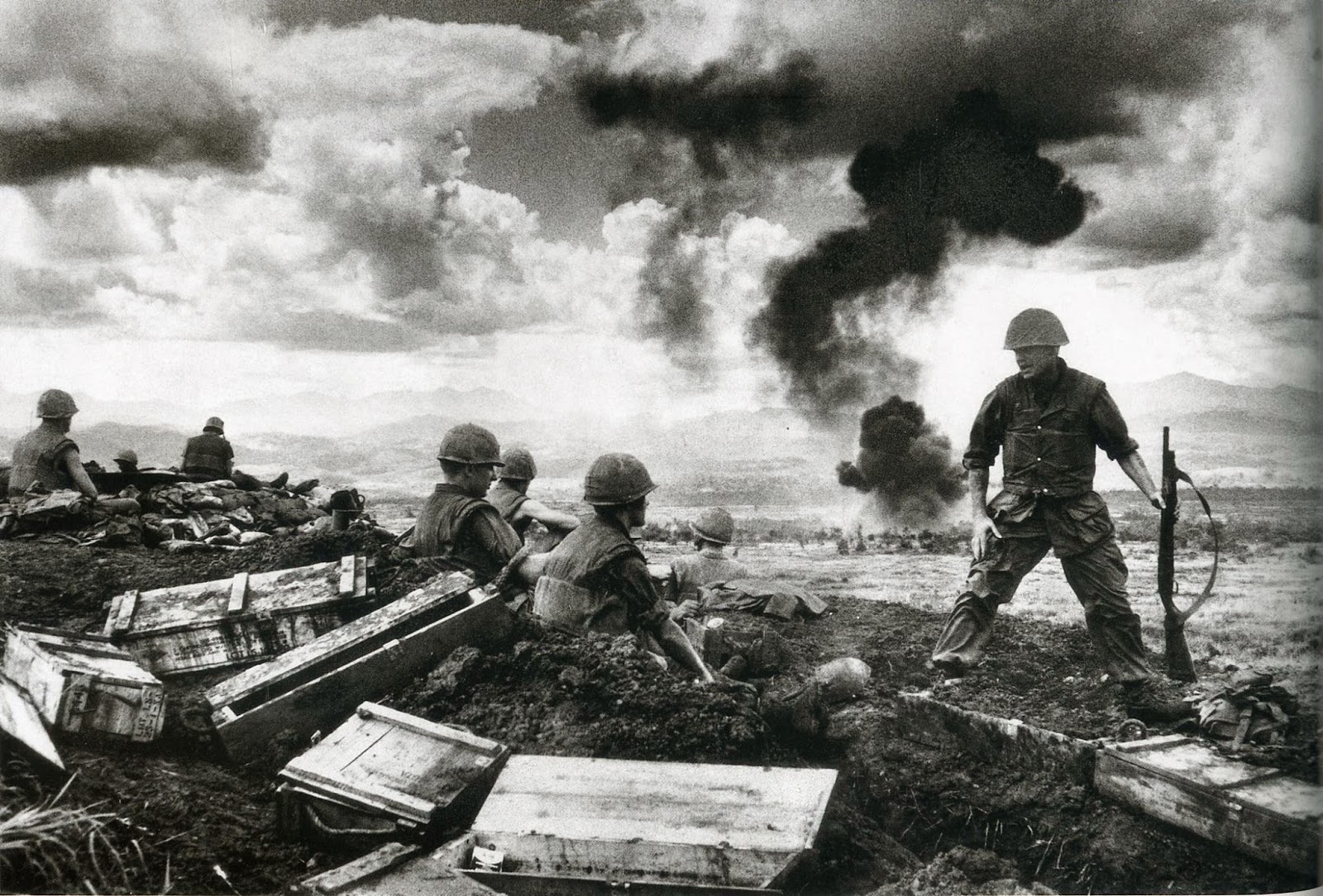
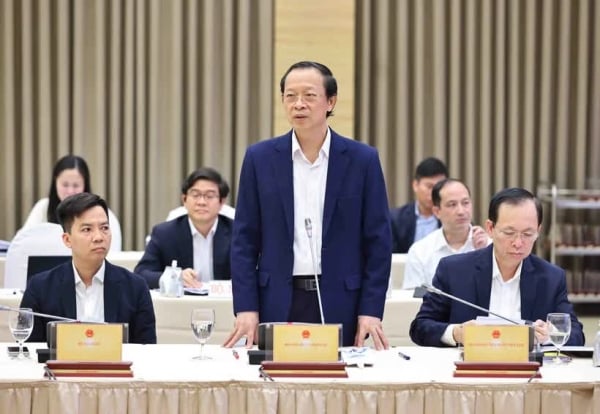







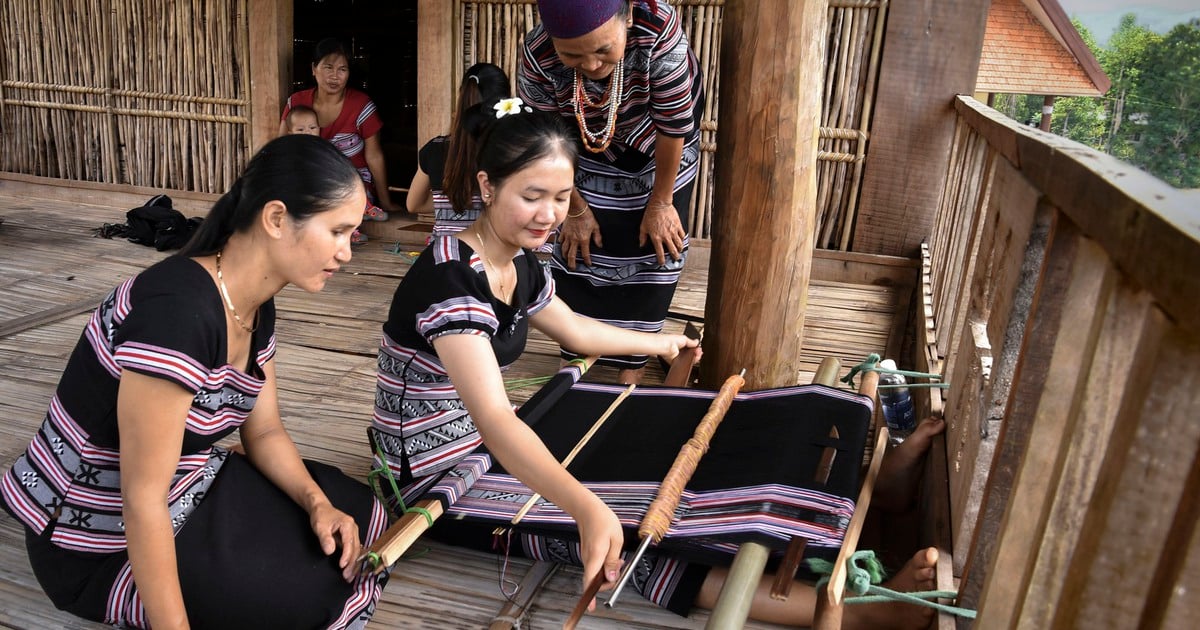


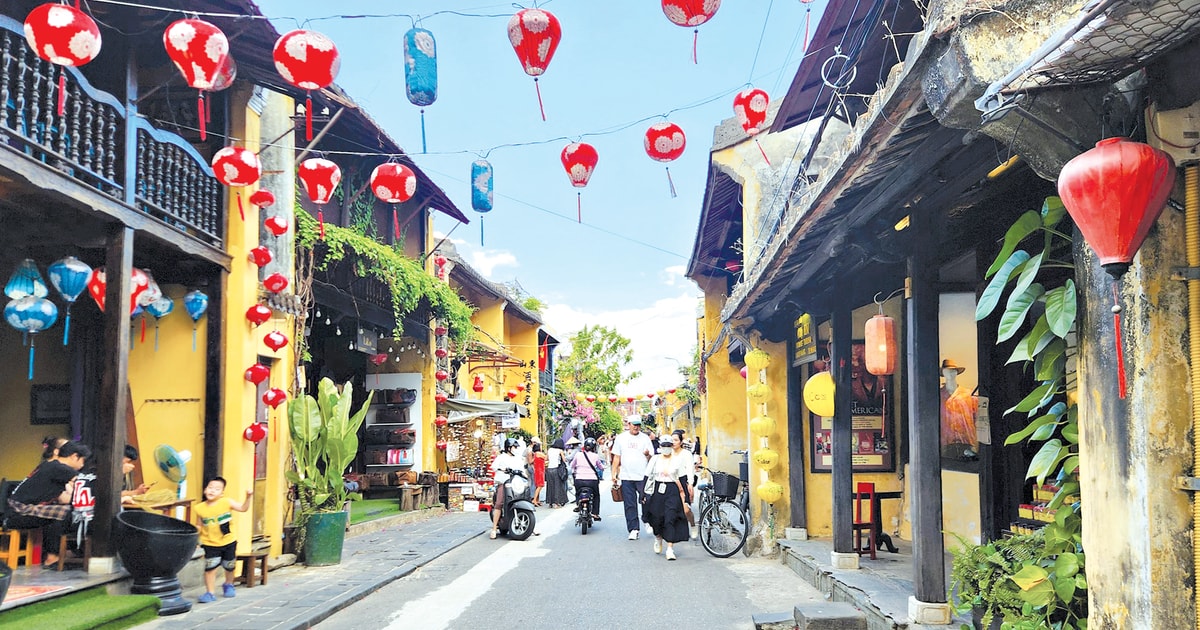





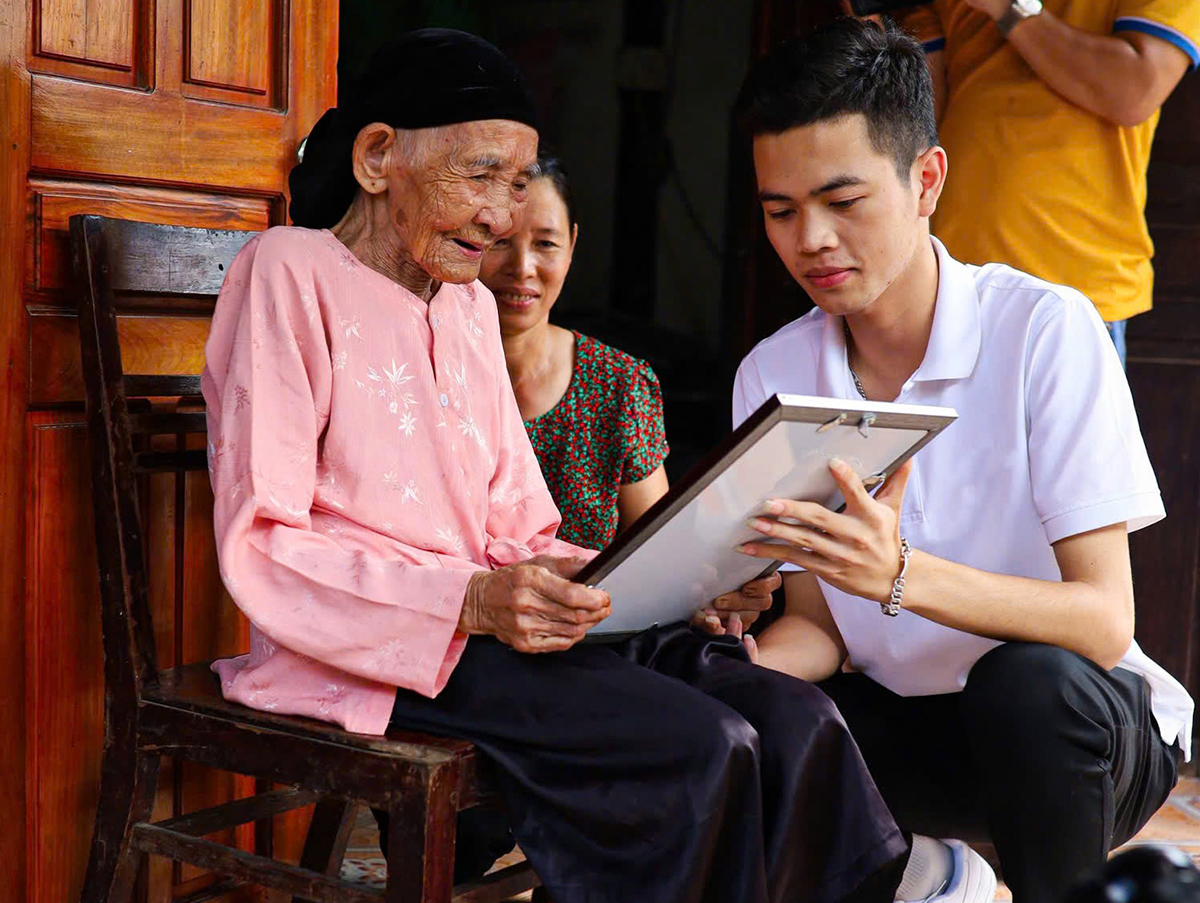






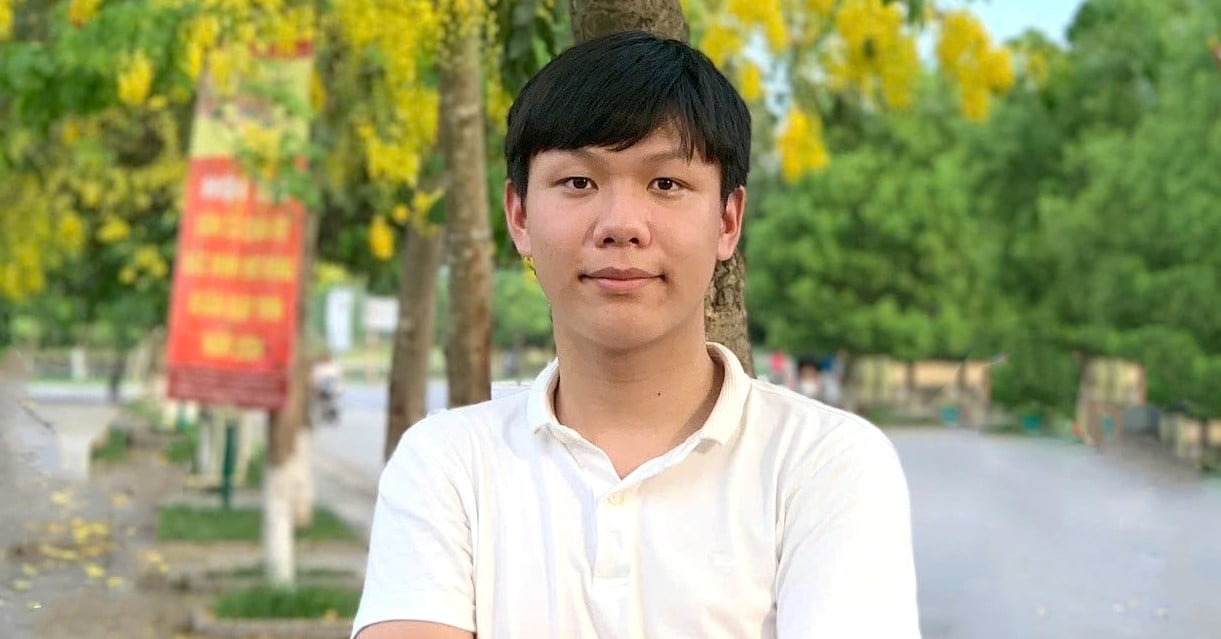



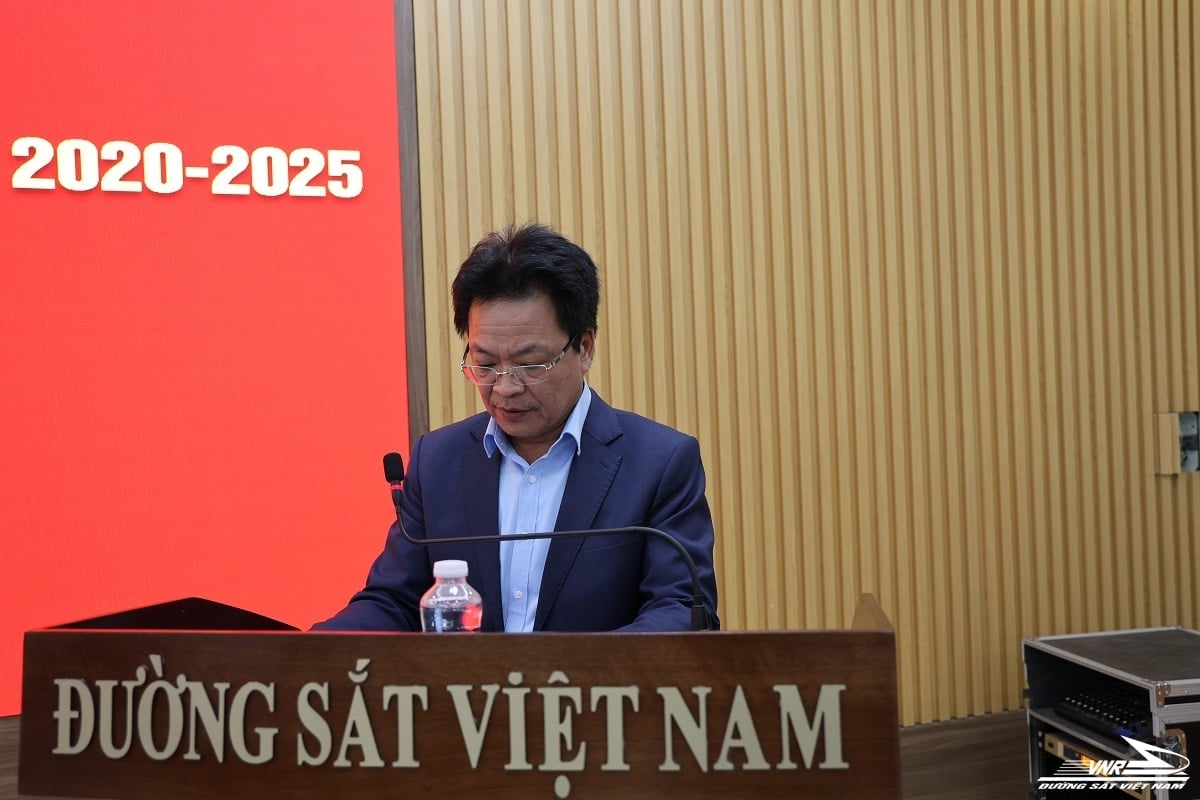

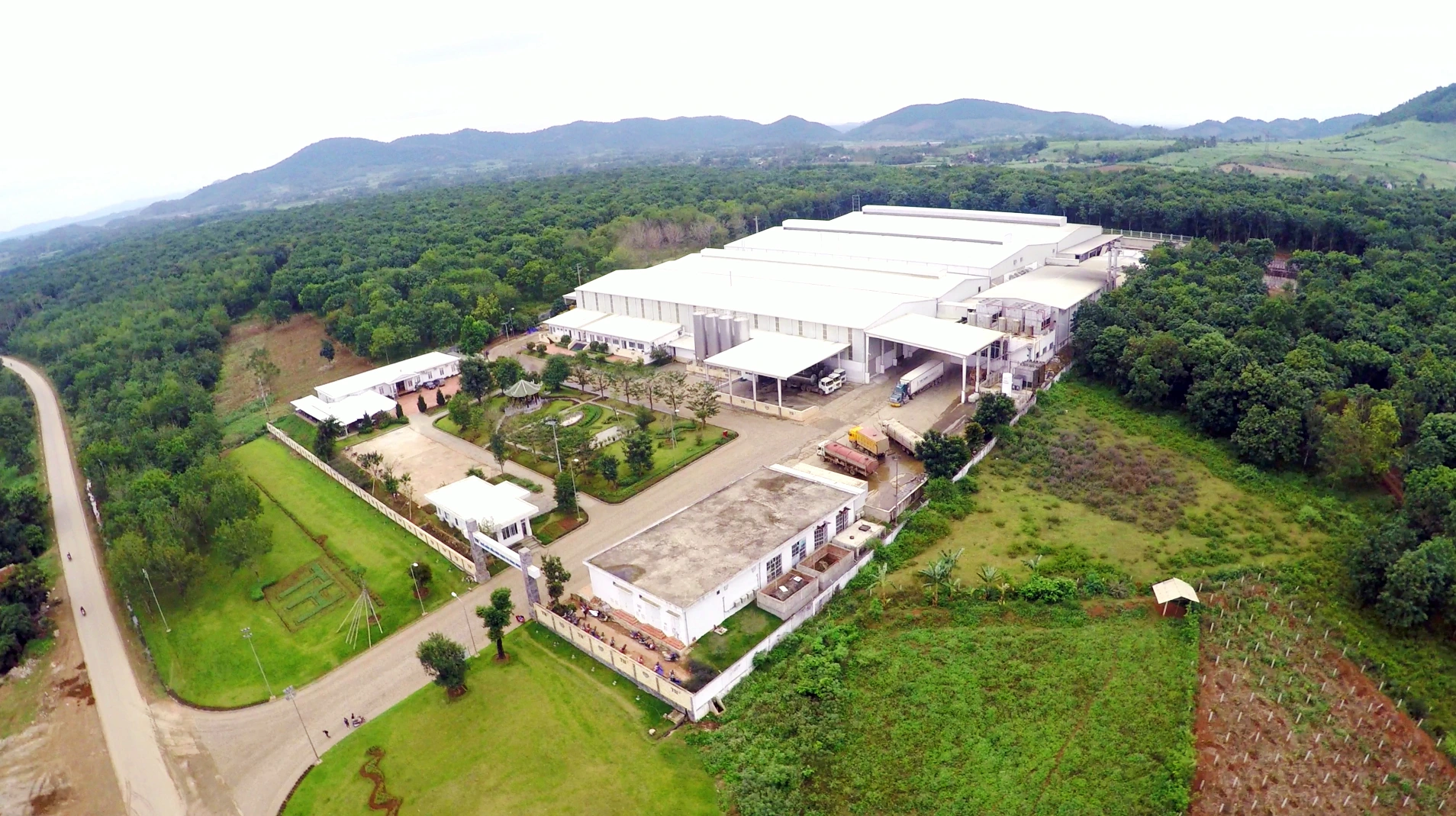






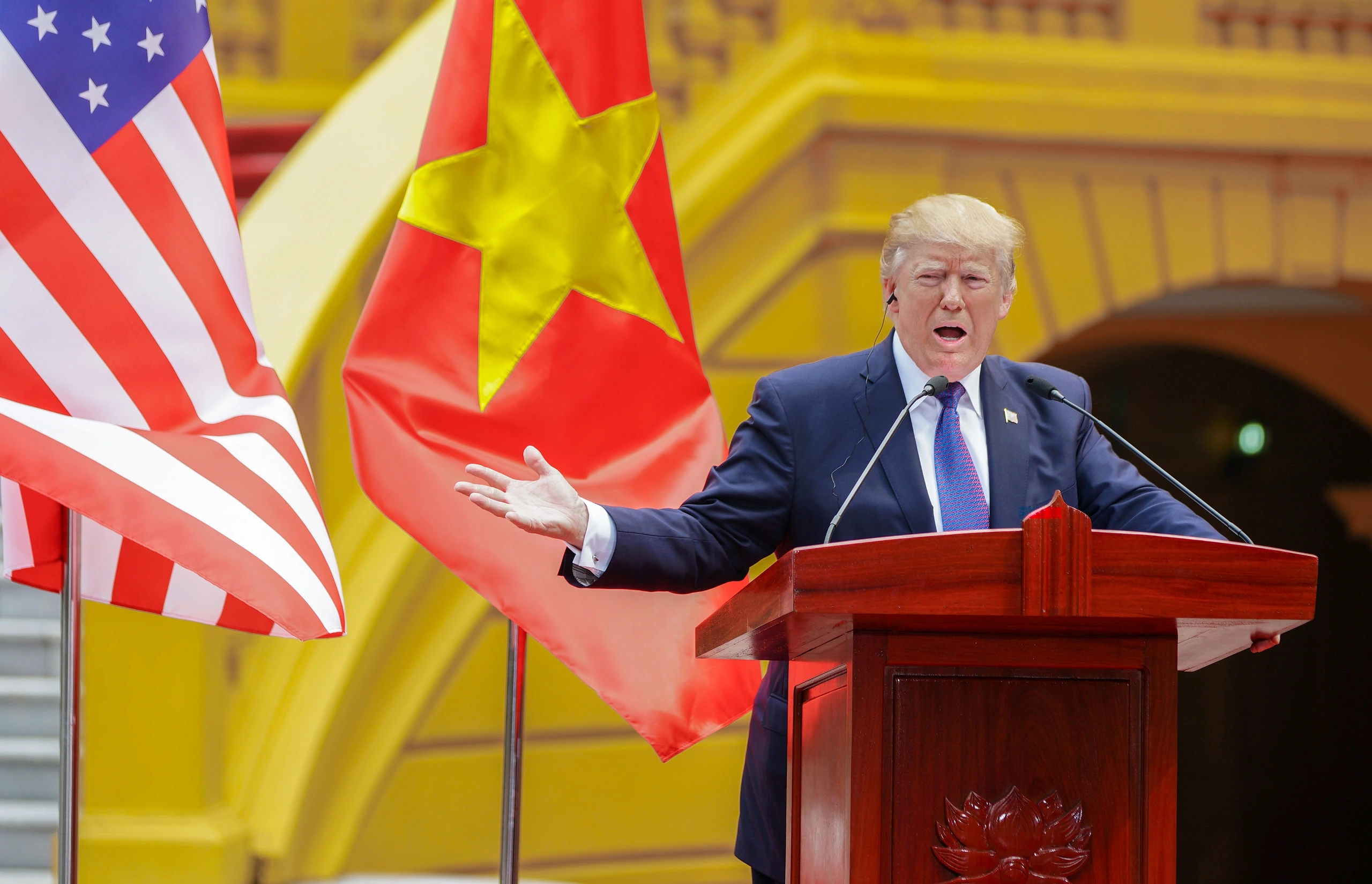
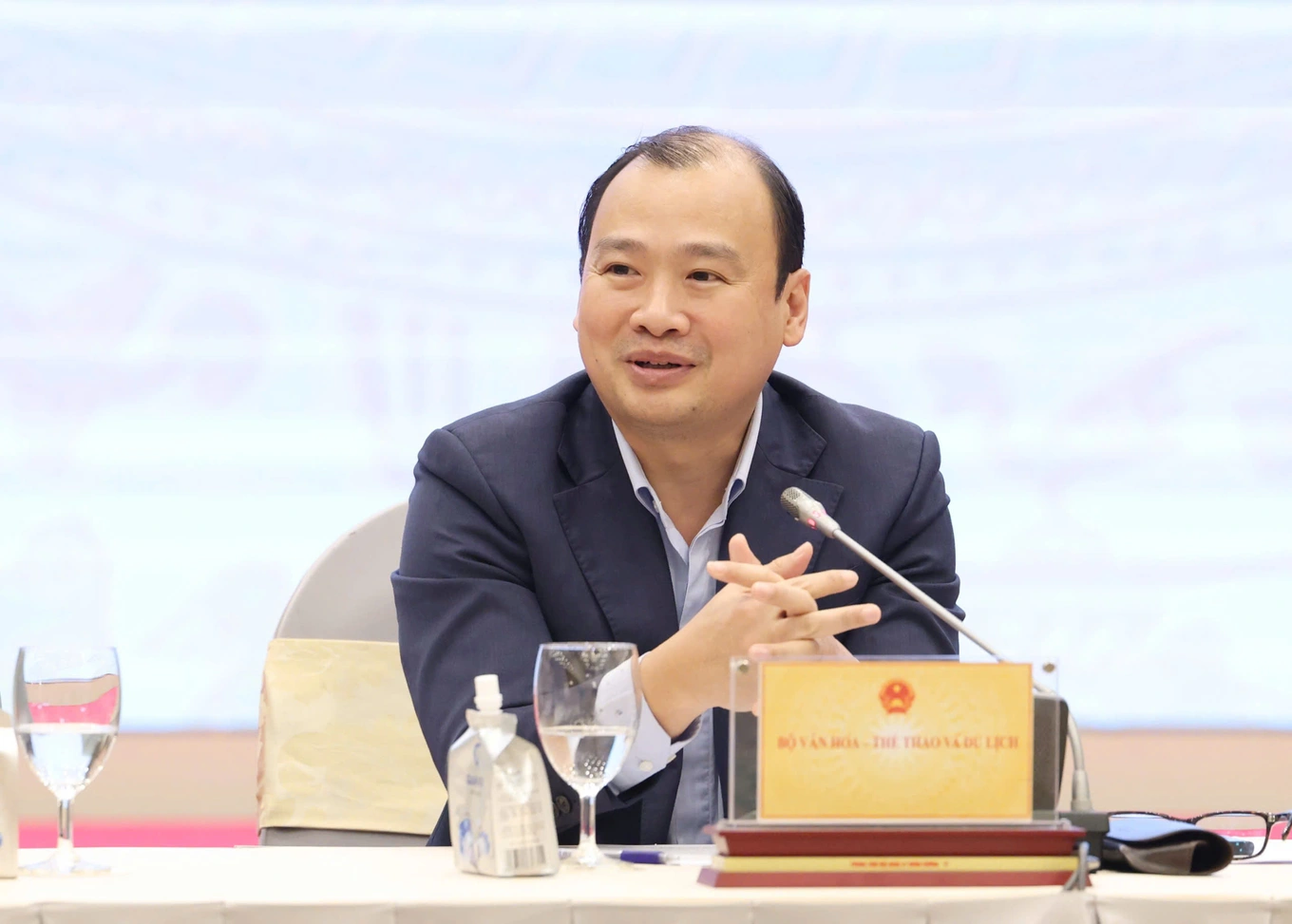










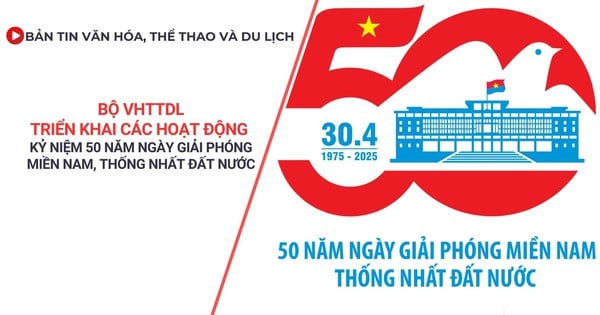




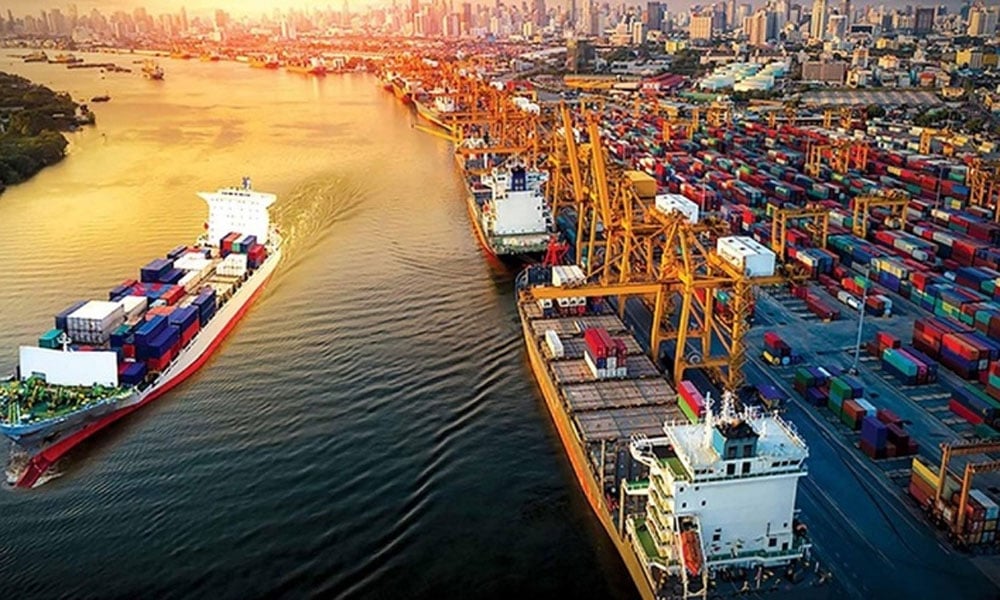




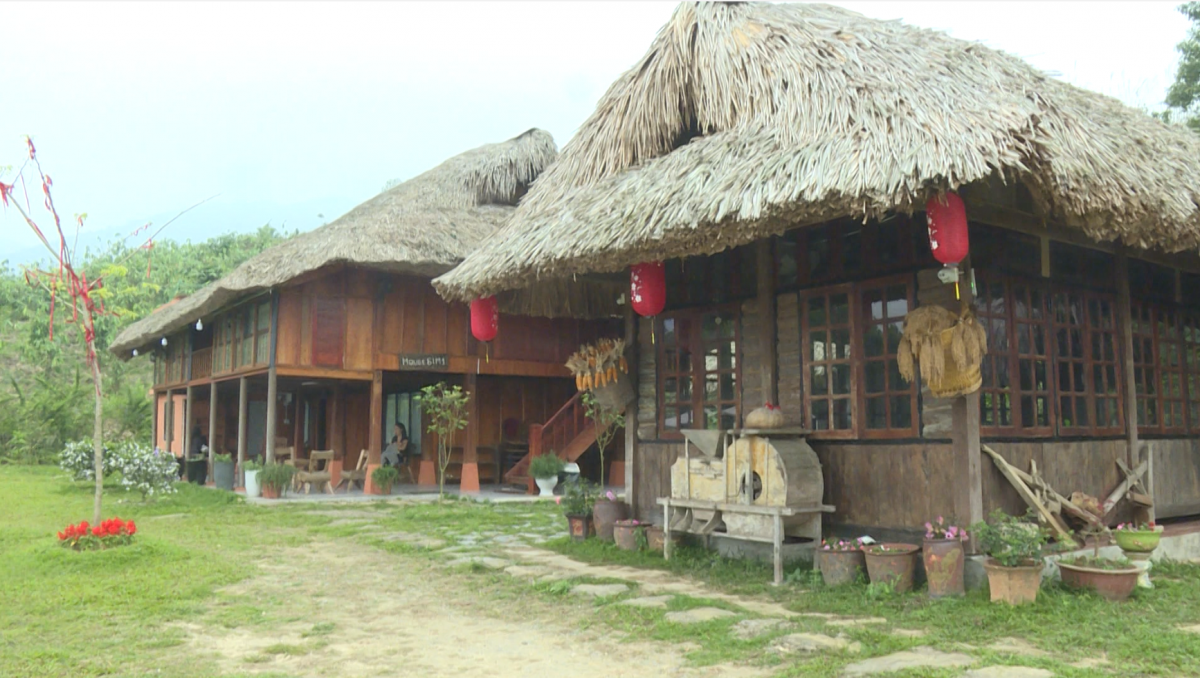



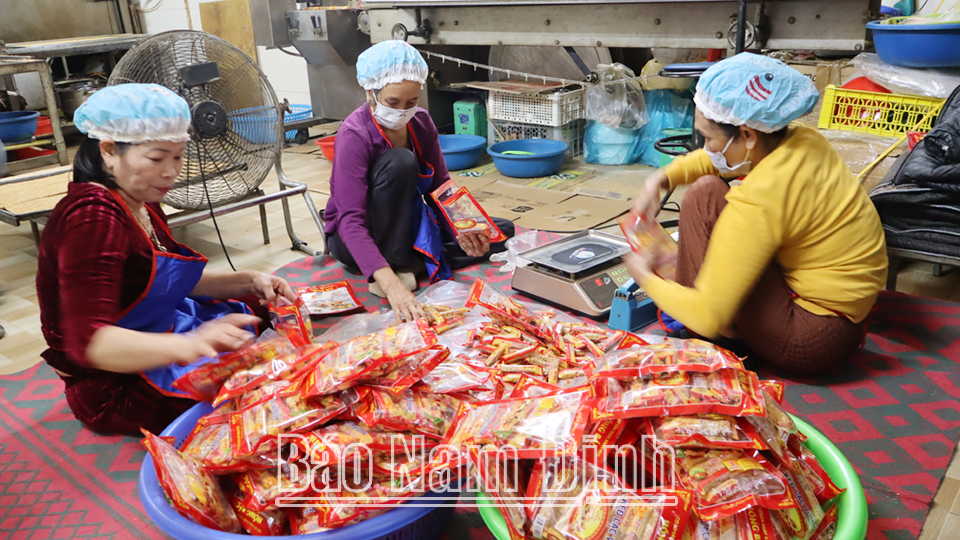


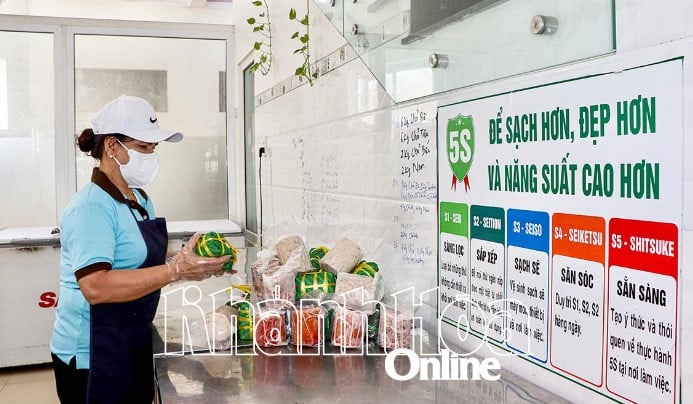

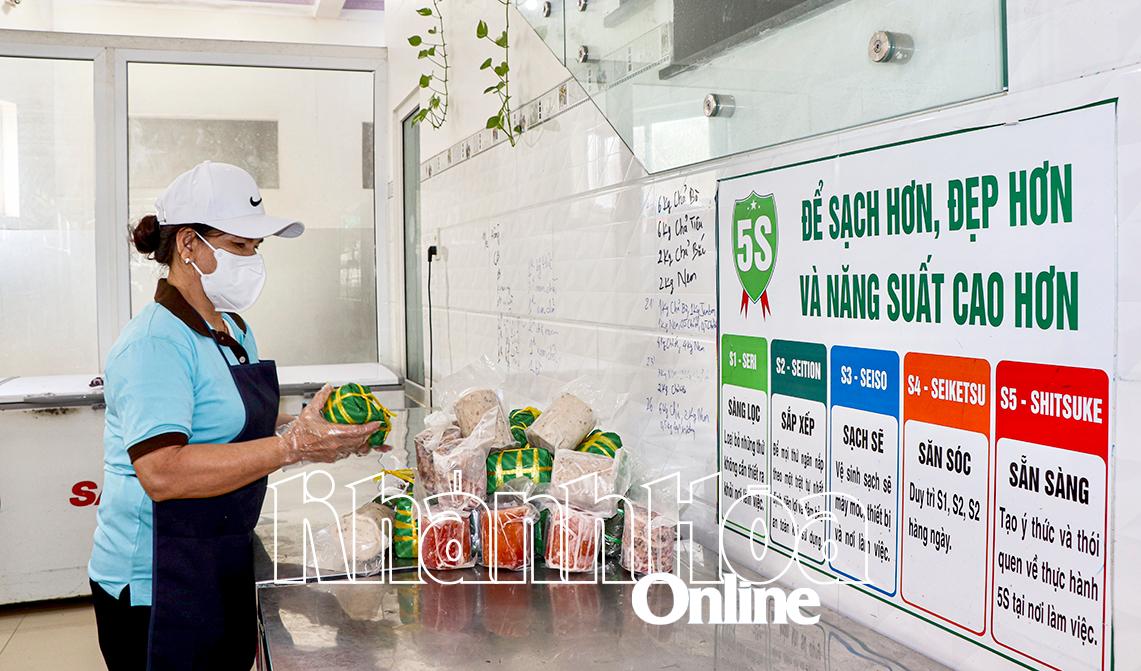
Comment (0)